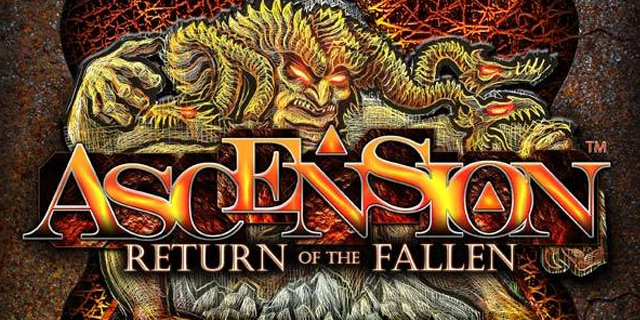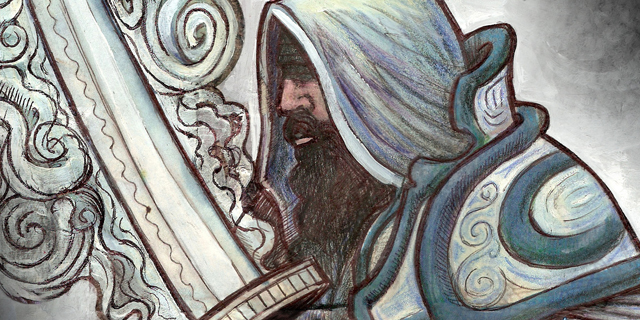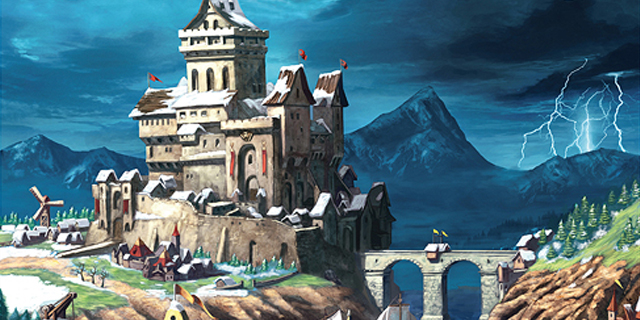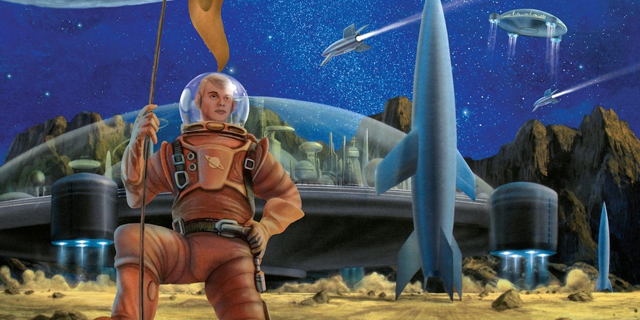The Lego series of games, developed by Tt Games, has become such an established franchise by now, with Star Wars, Indiana Jones, Harry Potter and Batman editions under its belt, that this review is almost unnecessary. If you are somehow unfamiliar with the trademark puzzles, character-swapping and wanton destruction of property, you have really been missing out on some quality family-friendly fun. The latest iteration focuses on the blockbuster Pirates of the Caribbean movies, including levels based on the recent release On Stranger Tides. (The game was actually released about a week before the movie, in fact.) It may be one of the best versions yet.
Like every other licensed Lego game, Lego PotC features a wide array of characters (although quite a few are the same character in different outfits), many of whom have unique skills that you will need in order to progress through the game’s puzzles. Some shoot guns (or throw axes, in the case of Will Turner), some shoot big guns (or bombs) that can destroy special silver bricks, some (all women) can double-jump to reach extra heights… the list goes on. Jack Sparrow’s special ability, his magic compass, is really well-implemented and key to solving several puzzles by letting you track down the item you require. As you progress through the story, you will unlock new characters for use in Free Play mode. Additional characters can be earned via the hub world (“The Port”) after you defeat them in combat and/or pay their fee.
While the story mode is the usual Lego pantomimed bowdlerized versions of the movies’ story (the hanging scene that begins At World’s End is… different, to say the least), it mostly serves as a vehicle to get you familiar with the stages’ layouts and unlock characters. Even an obsessively meticulous playthough will fail to yield every secret a stage has to offer. If you want 100% completion, you need to experience Free Play mode, which gives you access to characters (and their skills) that the normal story does not. you can do this either solo or with a friend, as usual; the Lego games have some of the best family play around, with unlimited continues, no reading required, and no blood. Although the mini-figs do break apart in ways that would be unsettling if there were blood. (Best not to think about that too much.) You can also find and purchase cheats (“extras”) that just add to the fun.
In the end, whether or not you need to pick up Lego PotC depends solely on how big a fan you are of the franchise. If you are not much of a fan of the PotC movies you can skip it without missing much, especially if you have played one of the other Lego games. But if you enjoy the Lego gameplay and are amused by the antics of Jack Sparrow (who is animated so brilliantly I could almost swear they used motion capture) and friends, this is a slam-dunk pick-up.
Pros: Same great Lego gameplay with the fun of the Pirates movies, if that’s your thing
Cons: Of course, that may not be your thing























